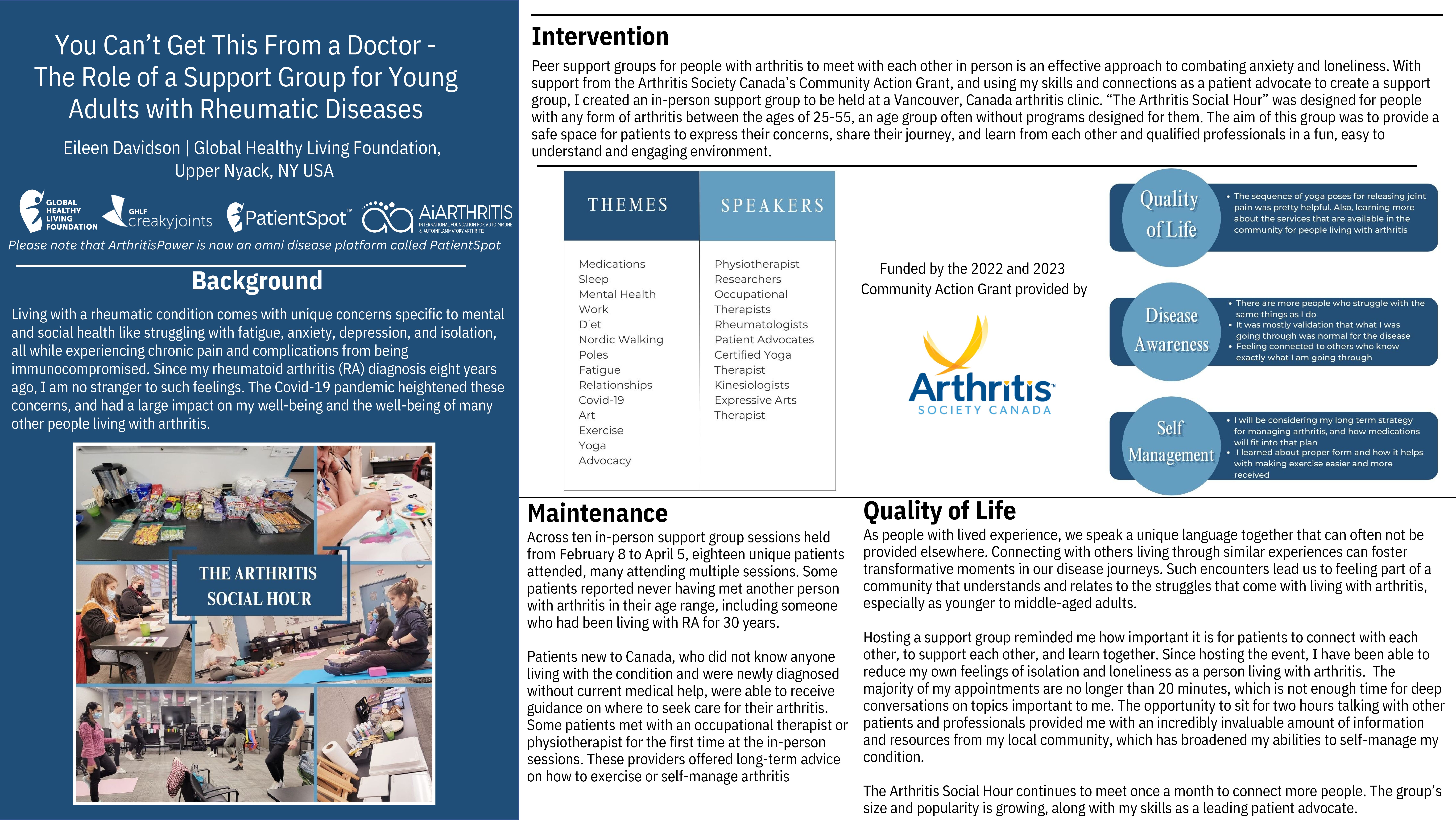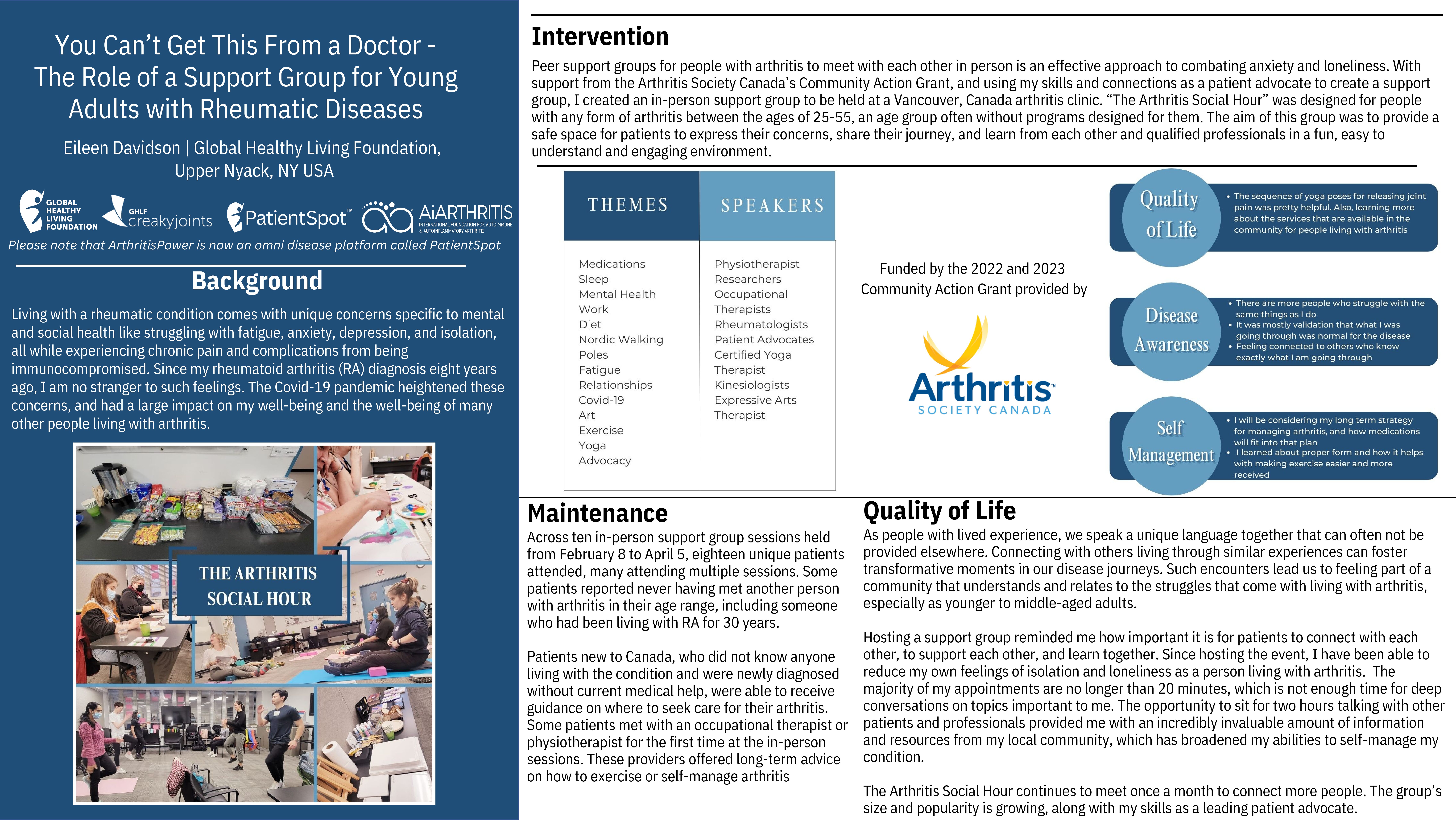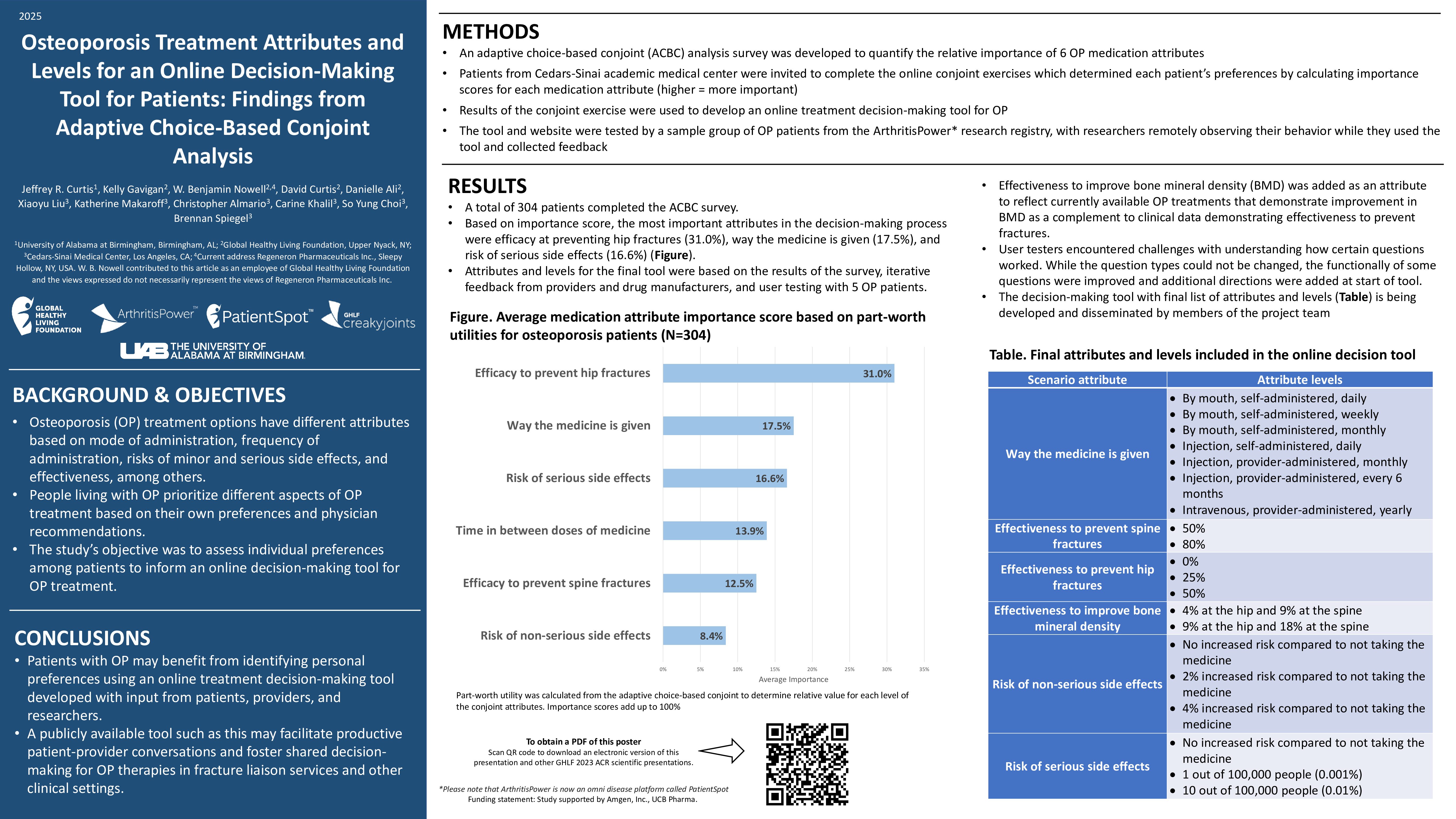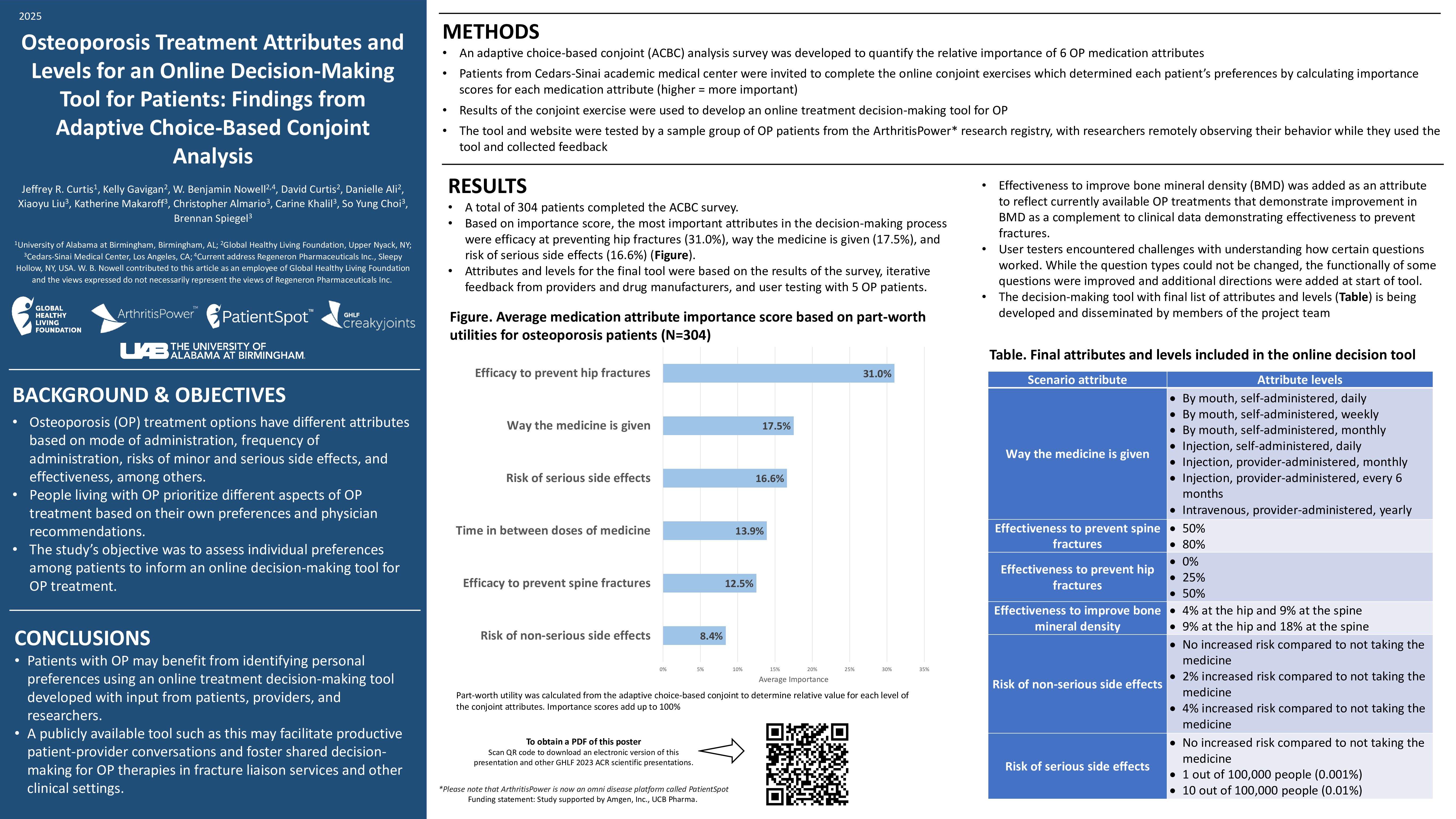Key Takeaways
- Inflammatory markers are elevated in Black and Hispanic/Latinx people who have faced high levels of everyday discrimination.
- These Black and Hispanic participants also had the highest levels of a bacterium called P. copri, which has been linked to rheumatoid arthritis.
How often are you treated discourteously or made to feel inferior to others? Are you regularly called names, insulted, or harassed? Do people around you act as if you’re dishonest or untrustworthy?
These questions are part of the Everyday Discrimination Scale. Scoring highly on it indicates that you’re routinely subject to unfair treatment, perhaps because of your race or ethnicity.
Regular discrimination can certainly take a toll on your relationships, job prospects, and mental health, and growing evidence suggests that it also has implications for your physical health. In fact, a recent study found that individuals who report high rates of discrimination tend to have higher levels of some inflammatory markers in their blood as well as higher levels of specific bacteria in their microbiome. These differences, in turn, might put them at higher risk for inflammatory diseases like rheumatoid arthritis and lupus, among others.
The study, which was published in the journal Biological Psychiatry, sought to determine how discrimination might disrupt the brain-gut microbiome system.
You may have already heard of the gut-brain axis, which refers to the bidirectional pathway that connects the brain to the digestive tract. The brain-gut microbiome, or BGM, is essentially the same thing, but the terminology gives a nod to the importance of the gut microbiome (the composition of bacteria and other organisms that live in the digestive tract).
Everyone has a combination of good and potentially dangerous organisms in their gut, but the specifics vary from person to person. In recent years, scientists have been learning more about how microbiome differences may impact susceptibility to a wide variety of health conditions, including inflammatory arthritis and other autoimmune ailments.
In this recent study, scientists didn’t specifically focus on people with any particular health conditions; rather, they recruited a group of 154 participants from the Los Angeles area, divided them by race, and ran brain MRIs on them. They also took blood samples, which enabled them to check for various inflammatory markers. And they took stool samples, which provided information about the composition of the subjects’ gut microbiomes.
Study participants also completed the Everyday Discrimination Scale so they could be grouped based on how much discrimination they faced on a regular basis (“high discrimination” or “low discrimination”).
White, Black, Hispanic/Latinx, and Asian-American people were included in the study. A significant number from each group landed in the high discrimination category; for White participants, high discrimination was usually due to age or gender discrimination, rather than race.
According to the MRI findings, everyone in the high discrimination group, regardless of race, had an increase in the area of the brain associated with a “fight or flight” stress response.
The blood tests, however, revealed some important differences. Black participants in the high discrimination group had the highest levels of PTGS1, an enzyme, and Hispanic participants had the highest levels of IL-1B, an inflammatory protein. PTGS1 plays a role in creating more prostaglandins, hormone-like substances that the body produces “in response to injury or infection and are major drivers of inflammation,” the authors explained. “Similarly, IL-1B is a pro-inflammatory cytokine that has been implicated in pain, inflammation, and autoimmune conditions.”
Meanwhile, the microbiome analyses revealed that levels of a bacterium called P. copri were highest in Black and Hispanic/Latinx individuals who had faced high levels of discrimination. “P. copri is considered highly inflammatory and has been found in rheumatoid arthritis and hepatic fibrosis,” the researched noted.
The authors concluded that their findings “suggest that discrimination may lead to a chronic state of inflammation, especially in Black individuals and Hispanics” and that this data, though preliminary, provides “a framework for understanding how unfair treatment is perceived and processed in the brain, and how these are in turn related to inflammation, gut microbiome, and psychological symptoms.”
What You Should Know
Racism and discrimination may impact many aspects life, including mental and physical health. Hopefully, this study and others like it, will help place a much-needed spotlight on racial and ethnic injustice — especially its impact on health and the consequent disparities it can cause.
Dong, T, et al. “How Discrimination Gets Under the Skin: Biological Determinants of Discrimination Associated With Dysregulation of the Brain-Gut Microbiome System and Psychological Symptoms.” Biological Psychiatry. October 2022. doi: https://doi.org/10.1016/j.biopsych.2022.10.011.
Harvard University. Everyday Discrimination Scale. 2023. https://scholar.harvard.edu/davidrwilliams/node/32397.












